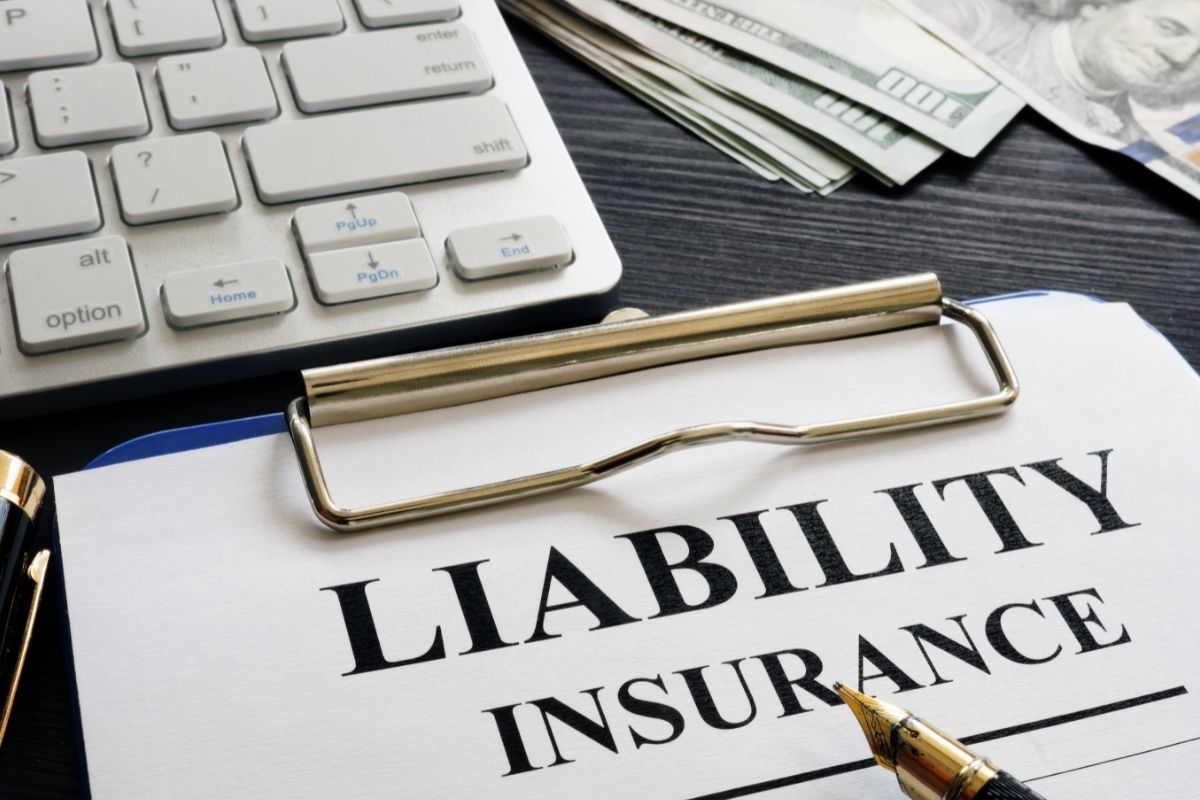What Is The Minimum Coverage Of Liability Insurance For Carrier Safety Ratings?
Trucking organizations require their truck operators to have certain insurances in order to work. Why?
This is to ensure that both the driver and the truck company are protected in the event of an accident. Liability insurance protects the driver and the truck company from any property damage caused as a result or work related activities and any injuries that occur. This form of insurance covers damage caused to the third party, whether their person or their property and any medical expenses when the driver is at fault.

Without liability insurance, the driver may personally be responsible for covering the cost of any damages or injuries caused as a result of operating the vehicle. The driver may also be faced with legal charges as having liability insurance is a nationwide legal requirement.
In short, make sure you and your vehicle are covered by liability insurance!
Types Of Liability Insurance
Primary Auto Liability
Primary Auto Liability is a form of insurance which covers you as the driver or your company’s driver in the event that any harm or damage is caused to a third party and the driver in question is at fault. This cover protects the driver at fault when any damage or injury is caused due to the vehicle i.e crashing into a third parties truck or car.
In the case of an accident the proof of this insurance is mandatory and is required before the driver can begin operating. This is also the minimum amount of insurance necessary in order to operate a trucking and transport business.
Primary Auto Liability does not provide cover in the case that your vehicle(s) or goods in transportation are damaged by a third party.
General Liability
General Liability insurance protects the business for accidents or injuries which happen on operating premises. General Liability insurance does not cover the organization if an on-road-accident occurs.
This insurance covers, for example, a customer falling in the business store, customer property damage or if shipment is transported to the wrong address. Having general liability insurance protects your business from the possible high costs of lawsuits and aids in helping you qualify for leases and contracts.
As well as, Primary Liability Insurance, truck operators and businesses are required to have General Liability Insurance by law. Operating without General Liability Insurance can lead to extensive legal repercussions.
What Are Carrier Safety Ratings?
Carrier Safety Ratings is an evaluation process which ensures the motor carries is in compliance with the safety fitness standard. The Federal Motor Carrier Safety Administration (FMCSA) enforces that drivers and their trucks meet a certain level of safety whilst in operation. Like many safety regulations, failure to meet a safety rating can result in written warnings, fines and other penalties.
FMSCA Safety Ratings
Satisfactory
Gaining a satisfactory rating means that the vehicle has the correct safety management controls for the size and type of operation of the carrier. Meeting the Safety Fitness Standard means the carrier has functional and acceptable safety management controls.
Conditional
A conditional safety rating means the vehicle does not have the correct safety management controls in compliance with the Safety Fitness Standards. Whilst the safety management controls may be in operation, that could result in failure to meet safety requirements such as Improper use of driving of motor vehicles and Inadequate inspection, repair and maintenance of vehicles.
Unsatisfactory
Receiving an Unsatisfactory Safety Rating means the vehicle means a motor carrier lacks effective safety management systems to maintain compliance with the safety fitness standard, which has led to incidents such as Motor Vehicle accidents and hazardous materials incidents.
Unrated
This rating means a safety rating has not been graded to the motor carrier. The FMCSA deemed the vehicle in question unfit for service and should not be in operation.
Minimum Liability Insurance For Carrier Safety Ratings
Established by the Congressional legislation in the early 1980’s to ensure carrier vehicles are supplied with the correct amount of financial cover in the event of an accident and/or injury. To ensure all vehicles are protected with the proper financial coverage, vehicles carrying different products are subject to have varying insurance.
The Federal Motor Carrier Safety Regulations enforce that ‘for-hire’ carriers hauling in interstate commerce for ‘non-hazardous property are required to have at least $750,000 of liability insurance coverage. Both General Liability and Primary Liability insurance are required to protect the operator, the vehicle, the organization and any third parties.
In the case that a carrier motor is transporting hazardous substances such as fertilizer, pesticide or fuel, the minimum liability insurance differs. When the carrier is considered a CMV, ‘for-hire, or a private motor carrier, the minimum liability insurance coverage rises to $5,000,000. However, when ‘for-hire’ and private commercial motor vehicles are transporting oil, gas and other hazardous materials, the carrier is only required to have $1,000,000 of financial coverage.
When the vehicle has a seating capacity of 16 passengers, including the driver, the liability coverage required is $5,000,000. Although, if a vehicle has the seating capacity maximum of 15 passengers, the minimum liability coverage is set at $1,500,000.
Summary
The FMCSA has created a set of regulations in order to protect everyone in the event of a carrier related accident or an on-site accident. Without the correct financial insurance, drivers, vehicles and organizations are liable to face legal consequences.
When hauling varying hazardous substances, motor carriers require to retain a minimum liability of $750,000 which is subject to change dependent on the materials being transported. Motor carriers should also be aware of the minimum liability coverage required whilst transporting passengers.
If motor carriers do not meet the safety ratings set by the FMCSA, their vehicle is not fit for purpose and could then cause injury to customers and drivers. Obtaining the correct rating and liability coverage prevents motor vehicle incidents and further ensures the financial protection of drivers and trucking organizations.
